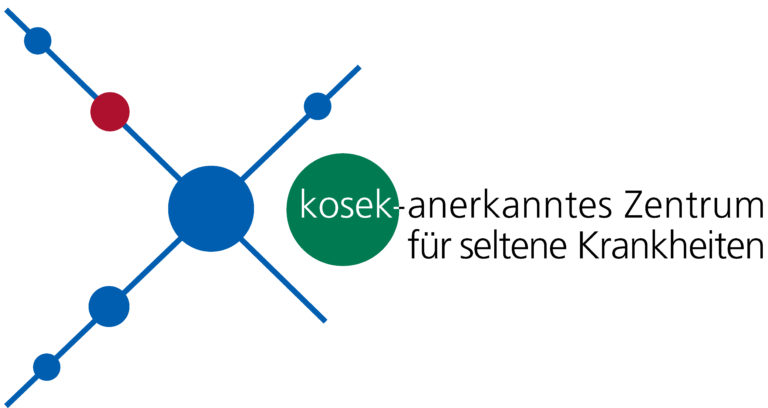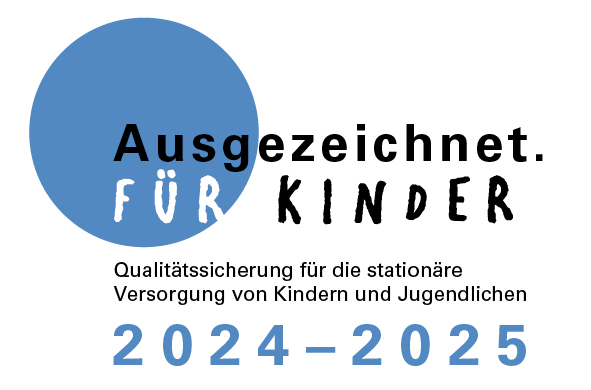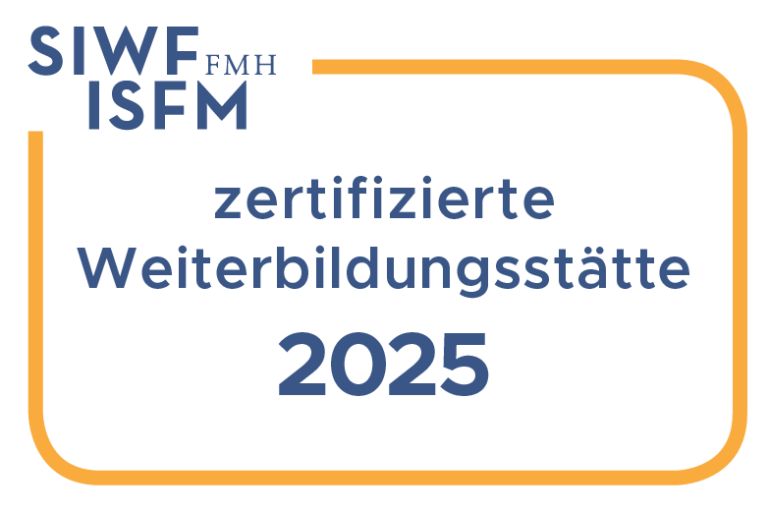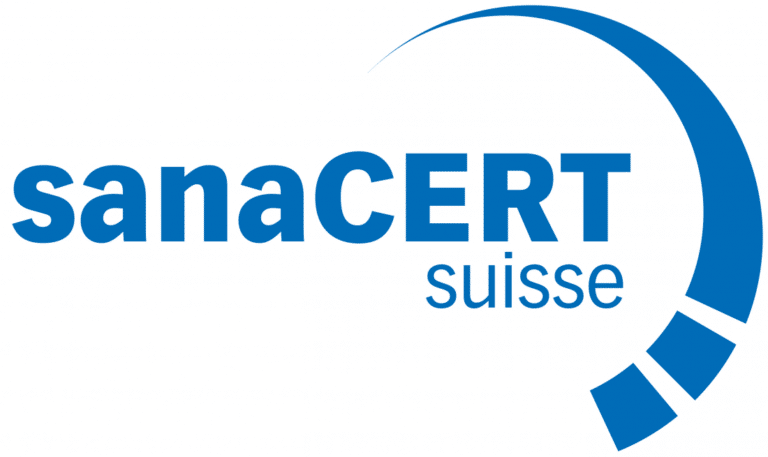Contact us
High contrast
This page has been translated automatically.
Hospital education is responsible for the educational support of children and young people during their hospitalisation. Through creative and playful sequences, positive hospital experiences are made possible, activating patients' resources and promoting the healing process.
The basis of trust with a social pedagogue helps to reduce anxiety and promotes psychological stabilisation during the hospital stay. Patients are motivated to become active, which boosts their self-confidence. The social pedagogue contributes to a child-friendly atmosphere in the hospital.
The social pedagogues offer help and advice on educational issues and create a basis of trust through continuous support.
The social pedagogues look after children of all ages at bedside and in the department's playroom. Whenever possible, other places such as the Villa Kunterbunt are visited to provide the children with additional play areas and to facilitate encounters.
Seriously ill patients have to undergo invasive therapies during hospitalisation. Here, educational care means providing intensive support for patients, taking into account their individual resources and current life situation. Age-appropriate care preserves a certain quality of life in the patient's everyday illness. In the case of children with life-threatening illnesses, co-operation with the family and their support is of central importance.
The teachers teach school-age children and adolescents who are hospitalised for more than a week. The main subjects of maths, German, English and French are taught - individually or in groups - at the bedside and in the hospital classroom. In consultation with the class teacher, the lessons are based on the curriculum of the child's home class and are adapted to the child's state of health.
In the event of a long hospitalisation, the teachers support the patient in maintaining contact with the class, reconnecting with the class or looking for a new school perspective. If necessary, a return to school is initiated and supported.
Up to 16 patients are cared for by an interdisciplinary team on psychosomatic ward A3. The adolescents are divided into two age-specific groups and take part in the weekly programme in these groups.
There is a daily programme (2 lessons each) for patients in the workroom, where they can be creative in the areas of painting, drawing, textile design, modelling, etc. under the supervision of 2 teachers for visual design, handicrafts and art therapy.
In the workroom, children and young people will find a wide range of materials, books and picture archives, a painting wall and a pool of existing work to inspire them to create in an experimental and expression-orientated way. Emphasis is placed on an atmosphere without pressure to perform.
In contrast to the individual work in the morning, the group afternoon "Design and Culture" focusses on a common theme. The programme includes visits to exhibitions, photography, sketching in the landscape and designing in the workroom.




058 387 78 82 (Costs are settled via the health insurance company)
In the event of an emergency abroad, call the emergency number of your health insurance company. You will find the contact details on your health insurance card.
145 (Poison and Information Centre)
University Children's Hospital of both
Basel, Spitalstrasse 33
4056 Basel | CH
Phone +41 61 704 12 12
© UKBB, 2025
The Medgate Kids Line provides quick and uncomplicated medical advice if your child is unwell. The medical team of our partner Medgate is available to you by telephone around the clock.
For emergencies abroad: Call the emergency number of your health insurance company. You will find this number on your health insurance card.
More information: On the Page of the emergency ward you will find everything you need to know about behaviour in emergencies, typical childhood illnesses and waiting times.
144 Outpatient clinic
145 Tox Info Suisse (Poisonings)
117 Police
118 Fire brigade
Which topic would you like to contact us about?
For praise or criticism, please use the Feedback form.